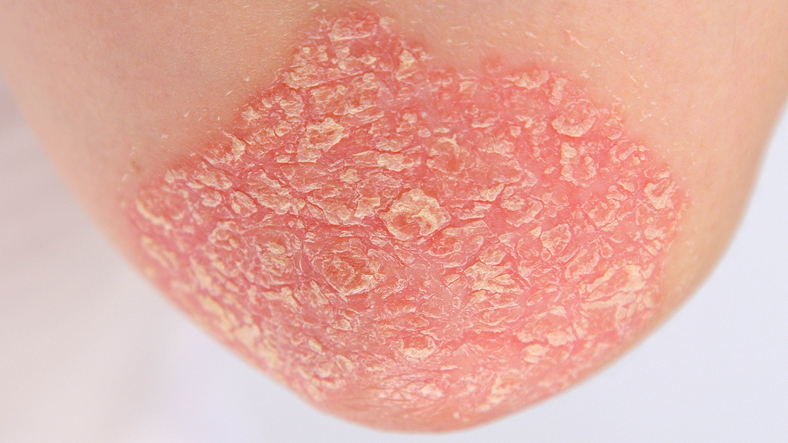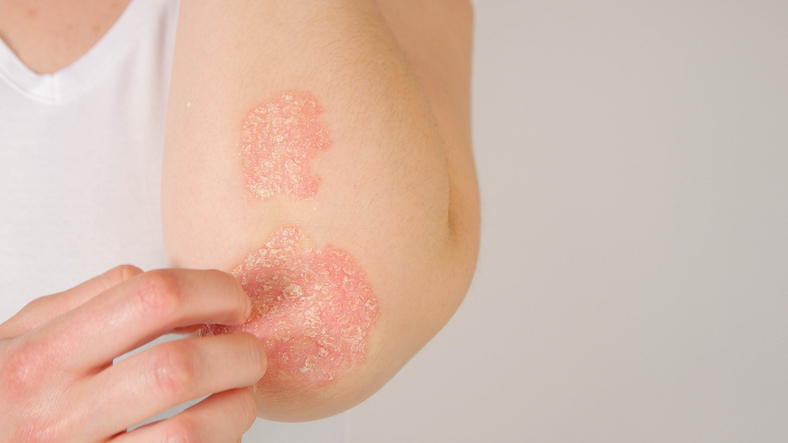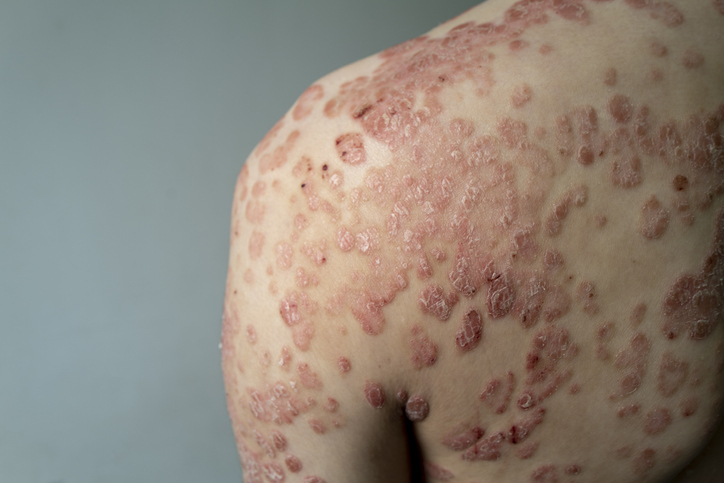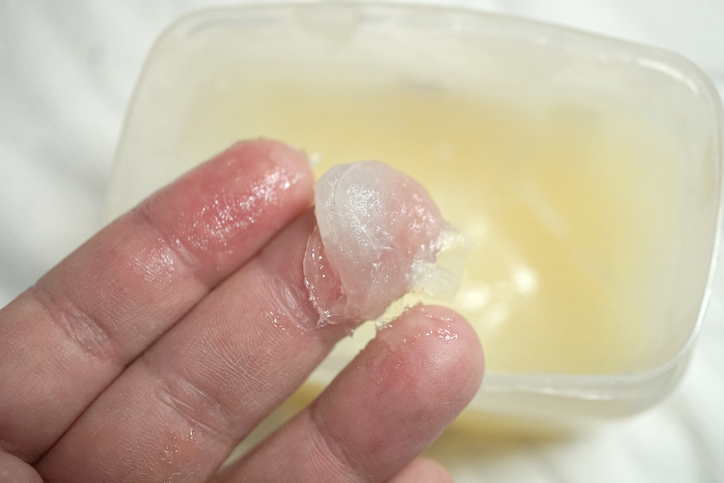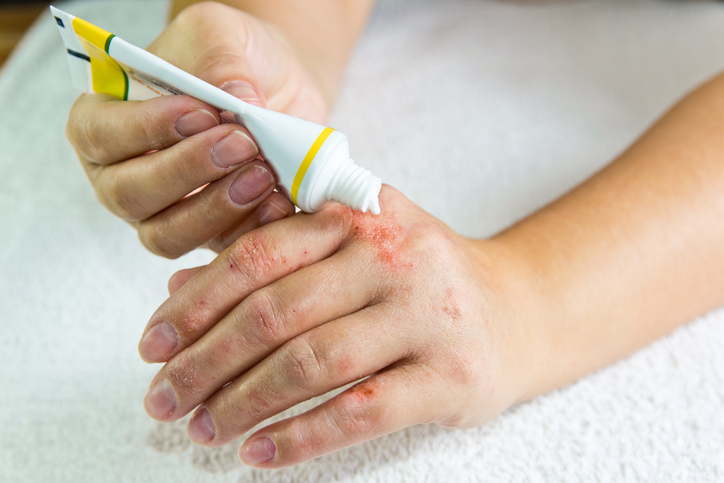Pain
Alternative and Complementary Treatment Options for Psoriasis
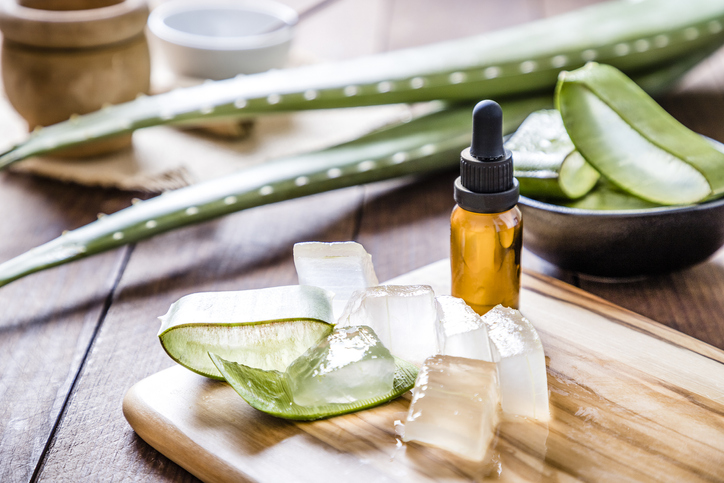
What is psoriasis?
Psoriasis is an autoimmune disease that causes skin cells to multiply up to 10 times faster than normal. There is a wide spectrum of severity and manifestations of psoriasis, but common characteristics of most types of psoriasis include skin redness (erythema), thickening, and scaling (squamae).
Symptoms of psoriasis range from pinhead-sized spots on the skin to major eruptions that cover large areas of skin. Symptoms most commonly occur in cycles, flaring for a few weeks or months, then subsiding or going into remission.
Alternative and complementary treatments
In addition to conventional medical treatments for psoriasis, such as topical medications and light therapy, alternative and complementary treatments are also available. These treatments include relaxation techniques, supplements, and topical treatments.
Relaxation techniques
- Meditation helps reduce stress levels. Stress can trigger psoriasis flares, so practicing meditation may help ease symptoms of psoriasis.
- Massage therapy can also help reduce stress. It’s important to note that massage oils with fragrances or other chemicals should be avoided.
Supplements
- Turmeric may help decrease psoriasis flare-ups. It can be added to food or taken as a supplement.
- Omega-3 fatty acids can reduce inflammation. They are found in fatty fish, such as salmon or mackerel, or in supplement form.
Since supplements can have side effects or interact with medications, a medical professional should always be consulted before taking any new supplement.
Topical treatments
- Aloe vera has anti-inflammatory properties and can help reduce redness. Applying unscented aloe vera gel to the skin can help with psoriasis.
- Tea tree oil comes from the leaves of the tea tree plant, which is found in Australia. Applying the oil to the skin may help remove dry, dead skin cells. Shampoos with tea tree oil may help with symptoms of psoriasis on the scalp.
- Apple cider vinegar can be applied to the scalp to help reduce itching. It can be applied as-is or diluted with water. After it dries, it should be thoroughly rinsed from the skin to avoid irritation.
